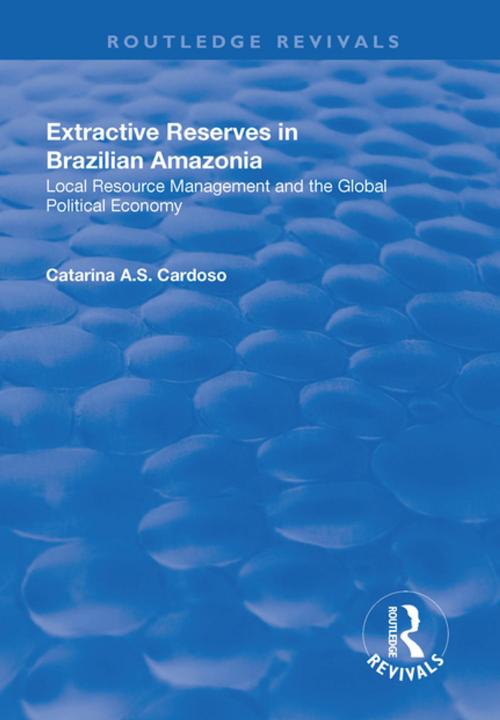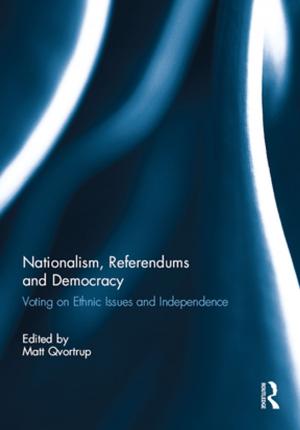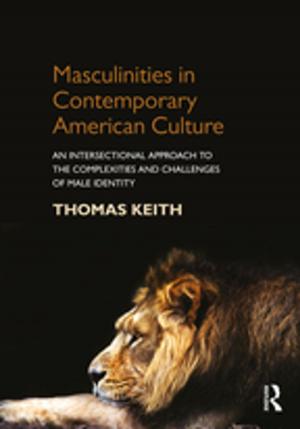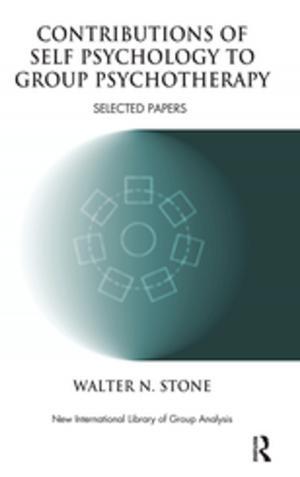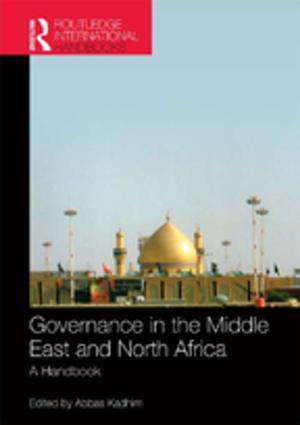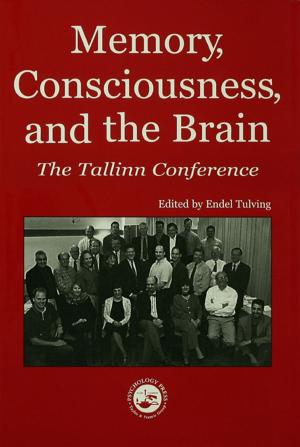Extractive Reserves in Brazilian Amazonia
Local Resource Management and the Global Political Economy
Nonfiction, Science & Nature, Science, Biological Sciences, Environmental Science| Author: | Catarina A.S. Cardoso | ISBN: | 9781351733281 |
| Publisher: | Taylor and Francis | Publication: | February 6, 2018 |
| Imprint: | Routledge | Language: | English |
| Author: | Catarina A.S. Cardoso |
| ISBN: | 9781351733281 |
| Publisher: | Taylor and Francis |
| Publication: | February 6, 2018 |
| Imprint: | Routledge |
| Language: | English |
This title was first published in 2003: Despite their growing political significance, the linkages between local resource management and the global political economy are often poorly understood. This book addresses these linkages in a grounded analysis of extractive reserves: areas in Brazil set aside for local populations who depend on natural resources for their livelihood. Extractive reserves are the result of the struggle of the rubber tappers for control over their natural resources and worldwide concern with the conservation of the Amazon Rainforest. The author examines their significance for Brazil as a pioneering legislative and policy initiative to combine conservation with productive use of natural resources, to recognize common property rights to natural resources, and to support traditional populations’ modes of production. Extractive Reserves in Brazilian Amazonia examines the formation and institutional sustainability of the reserves, and in so doing provides a valuable insight into the relationship between local institutions and the wider socio-political and economic context with regard to forest management.
This title was first published in 2003: Despite their growing political significance, the linkages between local resource management and the global political economy are often poorly understood. This book addresses these linkages in a grounded analysis of extractive reserves: areas in Brazil set aside for local populations who depend on natural resources for their livelihood. Extractive reserves are the result of the struggle of the rubber tappers for control over their natural resources and worldwide concern with the conservation of the Amazon Rainforest. The author examines their significance for Brazil as a pioneering legislative and policy initiative to combine conservation with productive use of natural resources, to recognize common property rights to natural resources, and to support traditional populations’ modes of production. Extractive Reserves in Brazilian Amazonia examines the formation and institutional sustainability of the reserves, and in so doing provides a valuable insight into the relationship between local institutions and the wider socio-political and economic context with regard to forest management.
